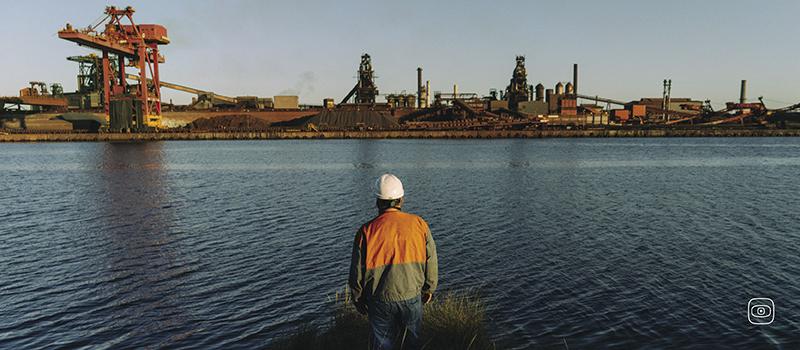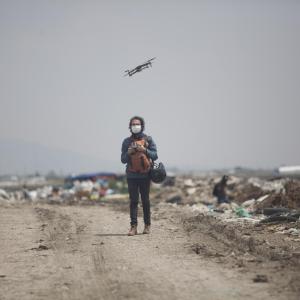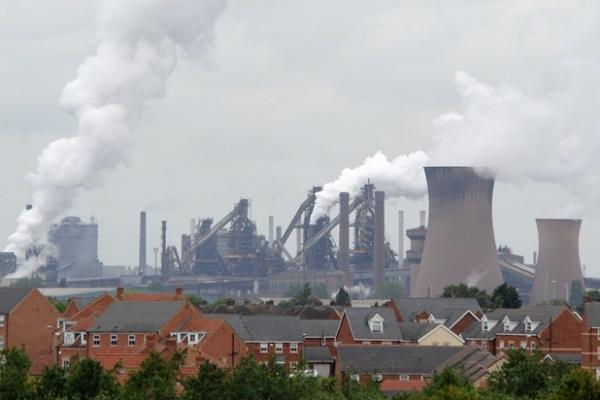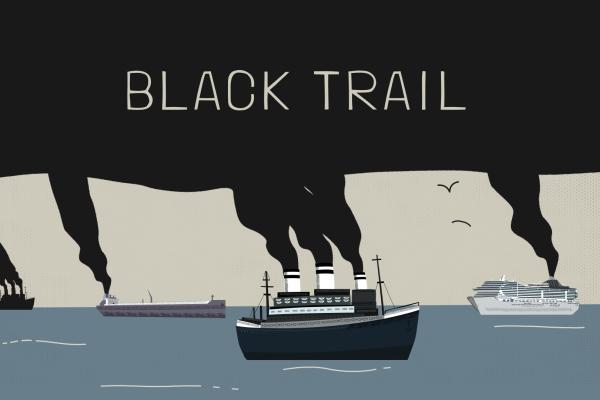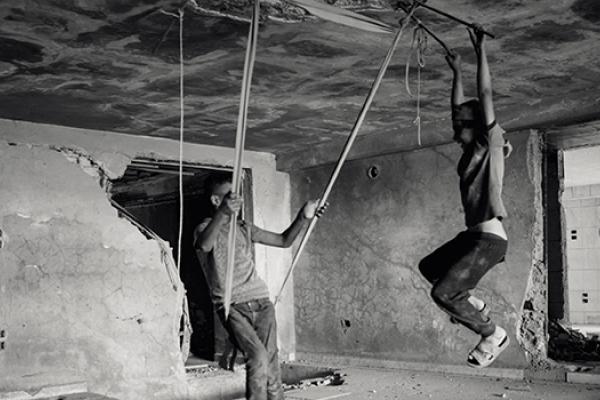The team investigated the operations of Ternium and ArcelorMittal, two Luxembourg-based steel giants that present themselves as leaders in “sustainable” and “low-carbon” steel. Reported from Peña Colorada (Mexico), Santa Cruz (Brazil), and Gijón (Spain), this cross-border investigation — part of a global project led by Late Magazine — exposes how the corporations’ green narrative conceals pollution, inequality, and opacity across continents.
Through months of fieldwork, the team documented how Ternium’s plant in Brazil’s Sepetiba Bay continues to emit toxic dust locally known as chuva de prata (“silver rain”); how ArcelorMittal’s facilities in Dunkirk and Gijón release similar pollutants in Europe; and how communities near the companies’ mining areas in Mexico face organised crime while their lands suffer from uncontrolled water contamination.
Key Findings:
- Links with organised crime: Activists who denounced the Peña Colorada mine in Mexico have been abducted.
- Stalled decarbonisation: Amid an industrial crisis and strategic uncertainty, ArcelorMittal – Europe’s largest steel producer – is backtracking on its decarbonisation plans. This raises serious concerns for the sector’s future, as the EU continues to delay providing adequate support for its green transition.
- Air pollution crisis: Levels of fine particulate matter in Santa Cruz exceed WHO limits, while official monitoring data remain incomplete or company-controlled. Similar problems are reported in Gijón.
- Health impacts: Local residents report rising respiratory and cardiac illnesses linked to emissions from Ternium’s plant.
- Environmental degradation: Ongoing deforestation and water contamination persist around mining zones operated by the companies in Mexico.
Photo: A worker in front of the ArcelorMittal facilities in Dunkirk, France. Image by Berta Vicente Salas.
